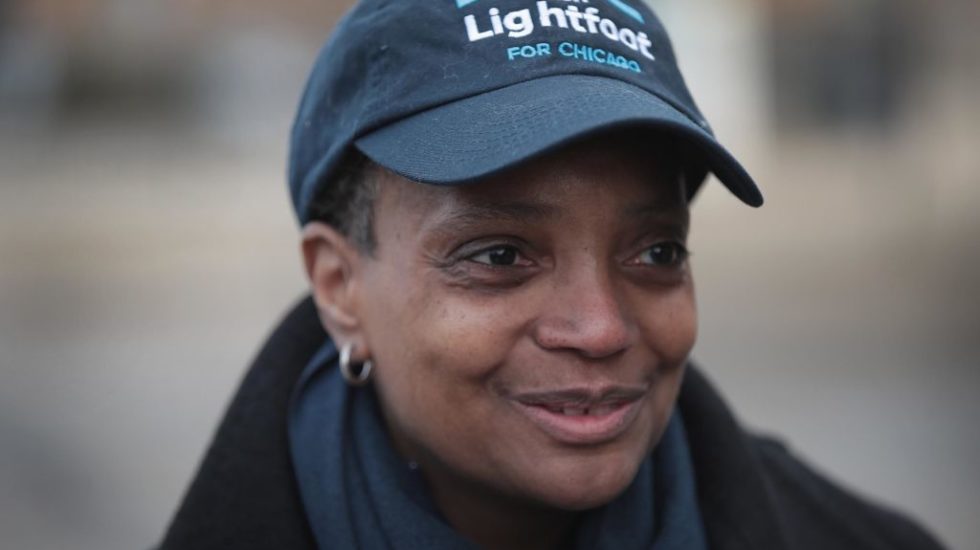Chicago mayor Lori Lightfoot touched off major controversy after saying she would only grant interviews to discuss her second anniversary as mayor with reporters of color. That stance, which she defended as a way to address the issue of a City Hall press corps that is mostly white and male, has been called “racist” by some on the right and even led to rebukes from Chicago journalists.
Lightfoot sent a letter to Chicago-area media explaining her reasoning behind not doing 1-on-1 interviews with white reporters. In that two-page document, she wrote the following:
“I have been struck since my first day on the campaign trail back in 2018 by the overwhelming whiteness and maleness of Chicago media outlets, editorial boards, the political press corps, and yes, the City Hall press corps specifically.”
Lightfoot also noted that there are no female reporters assigned to cover City Hall, something that one area radio news outlet disputed. WBEZ notes that two of its reporters at City Hall are Hispanic and South Asian women.
Some critics note that the mayor’s decision to give interviews to only black or brown journalists amounts to the same type of exclusion she says she opposes.
The National Association of Black Journalists (NABJ) issued a more nuanced response that applauded her intent, but not her methods.
The debate over Lightfoot’s decision also put a spotlight on a relationship between a big-city mayor and the media that has been contentious at times. She criticized WBEZ for its reporting on her police superintendent’s plans to do mass arrests of teenagers on so-called “drug corners” ahead of the Fourth of July weekend. There was also the report that Lightfoot canceled her Chicago Sun-Times subscription due to negative coverage.



